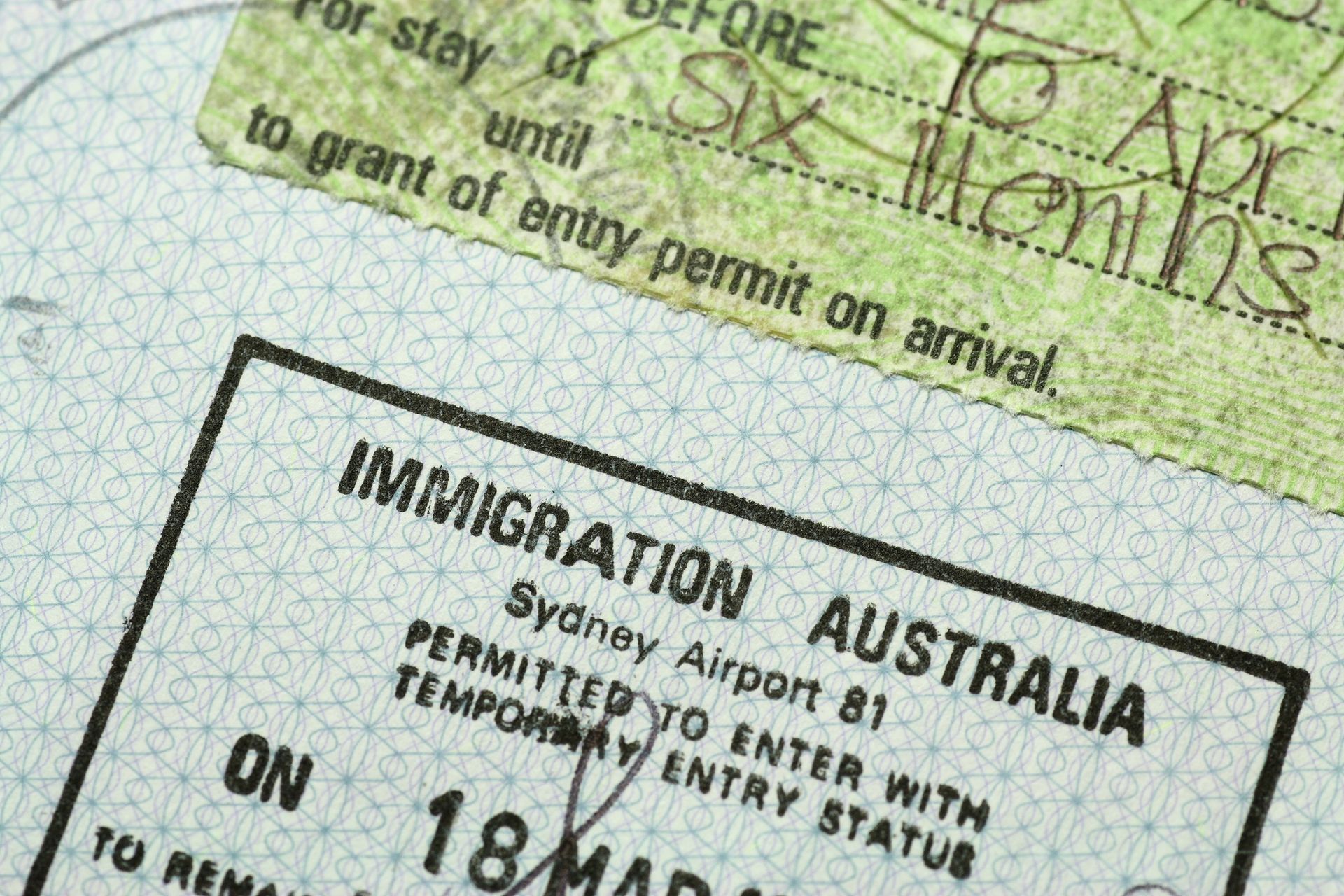Thinking about taking a lease of commercial premises?
Kells Lawyers • April 18, 2016
The failure to carry out appropriate enquires before taking a lease of commercial premises can have disastrous consequences for a tenant. This is due to a number of aspects of commercial tenancy law that are often overlooked by prospective tenants.
It is often assumed that a landlord of commercial premises owes some duty to the tenant to ensure that the premises are suitable for the tenant’s use. This is generally not the case. Unless the lease expressly says otherwise, the tenant bears the onus in this regard (Hart v Windsor (1843) 12 M & W 68 at 87). Accordingly, it is up to the tenant to ensure that there are no laws that prohibit them from using the premises for their intended use.
Furthermore, the tenant also bears the onus of ensuring that the premises are physically suitable for their intended use. For instance, in _Bradford House Pty Ltd v Leroy Fashion Group Ltd_ (1983) 68 FLR 1, the landlord was aware that forklifts would be used on the premises for the purposes of the tenant’s business. After a forklift fell through the floor of the premises, the tenant sued the landlord for its consequent losses. In rejecting the tenant’s claim, the Court held that there was no implied promise by the landlord that the floor of the premises could bear the weight of a forklift.
This highlights a further important aspect of commercial tenancy law that is also often overlooked. Unless the lease expressly says otherwise, a landlord of commercial premises generally has no obligation to repair them or carry out any other work.
Additionally, even where a lease contains repair obligations on the part of the landlord, this may not necessarily provide adequate protection for the tenant. For example, in Pembery v Lamdin [1940] 2 All ER 434, it was held that a landlord’s obligation to keep the exterior of the premises in good and tenantable repair and condition only obliged them to keep the premises in the condition they were in when let. Accordingly, the landlord was not obliged to make the cellar of the premises damp proof.
Finally, even where a landlord is clearly responsible for a particular repair issue, that responsibility is only initiated after the landlord has received notice of the issue ( McGreal v Wake (1984) 269 EG 1254). Accordingly, a tenant might suffer significant loss due to a repair issue and yet have no ability to recover it from the landlord because the landlord had no notice of it.
It follows from the above analysis that there is no substitute for carrying out appropriate enquiries before the lease is entered into to see whether there are any issues that affect the suitability of the premises for the tenant’s use.
For example, lawyers and town planners should be consulted to see whether there are any public or private planning restrictions that affect the premises. It might be the case that the tenant requires development consent in order to use the premises for their intended use. By way of further example, building consultants and engineers should be consulted to see whether there are any defects in the premises or their services.
The enquiries mentioned above are merely examples. The enquiries that should be undertaken by a tenant will vary depending on the circumstances. Wherever possible, the tenant’s enquiries should be supplemented by the inclusion of appropriate obligations on the landlord’s part in the lease. For example, a promise might be included that the premises are not affected by a particular issue or that the landlord will take specific action to deal with a particular issue.

Kells has been delivering outstanding services and legal expertise to commercial and personal clients in Sydney and the Illawarra region for more than five decades. Our lawyers are savvy and understand your needs.
Subscribe
Want to get the latest articles and news delivered to your inbox?




